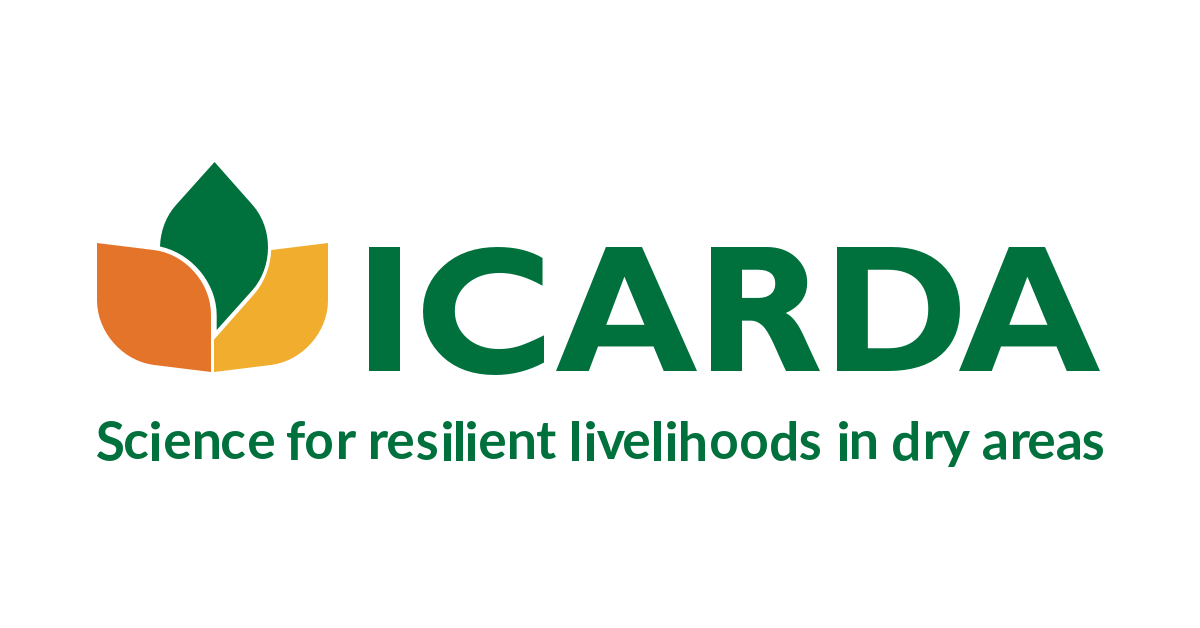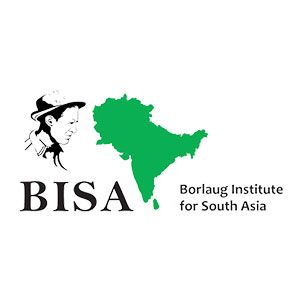
Wheat is leading cereal grown over 220 mha worldwide with the production of about 761 mt. The socio-economic importance of wheat and its contribution to the diets of humans and livestock cannot be ignored. It is unrivalled in its wide range of adaptation and cultivation from the tropics and subtropics. 11% of the present world population is undernourished in terms of energy intake while, 1.3 billion people are suffering from micronutrient deficiencies. Whereby, wheat is one of the solutions which contributes nearly 20% of the daily dietary calories and paves way for improved food and nutritional security for mankind. Similarly, barley is an industrial crop and can cope-up under marginal and hostile soils with its inherent genetic potential. It is full of nutrition coupled with multi-health benefits and can provide sustainable solution for modern life style diseases.
In India, wheat is grown over ~30 mha with total production hovering around 110 mt and productivity of 3.5t/ha. India witnessed an all-time high wheat production of 109.58 mt during 2020-21 and 106.84 m t during the year 2021-22. In India three species of wheat (Bread, durum and dicoccum) are grown. The Indian wheat programme is on rising path and this has been indicated by the increased productivity by 17.94 % during 2021-22 over the year 2010-11. This continuous productivity growth since the Green Revolution dramatically transformed Indian wheat production levels and quality, benefitting both producers and consumers. The salient saga of overall agriculture production was appreciated by the Hon’ble Prime Minister of India during the Independence Day speech wherein, he congratulated all the scientists for developing improved technologies that helped for self-sufficiency. However, the challenges like climate change, shrinking natural resources, changing pest and disease dynamics, emergence of new diseases like wheat blast, abiotic stresses (heat, drought and salinity), malnutrition etc. are to be addressed for further increasing wheat productivity and food & nutritional security.
ICAR-Indian Institute of Wheat and Barley Research works in close collaboration with its cooperating centres. The Indian wheat growing regions have been categorized into five major zones (NHZ, NWPZ, NEPZ, CZ, PZ) based on agro-climatic conditions, soil topography and disease & pest dynamics. Currently, wheat AICRP programme is being implemented with the help of 28 funded and nearly 70 voluntary centres. Barley coordinated programme is being executed in association of 11 main and 32 voluntary centres in the country. ICAR-IIWBR is committed for enriching bio-diversity in the country and in this direction working in active collaborations of CG centres namely, CIMMYT, ICARDA and other foreign organizations. The institute is involved in developing sustainable technologies and high yielding disease resistant genotypes with good quality parameters. Besides, concrete work on precision agriculture, conservation agriculture, sustainable cropping system, integrated farming, improving soil health, efficient in situ and ex situ residue management, crop diversification, improving farm mechanization, climate smart farming, micro irrigation, good agricultural practices in all for increasing farmers income is being carried out. Several awareness and capacity building programmes have been implemented through SCSP, MGMG, Farmers First, ARYA, integrating social media with stakeholders’ community and imparting training on drones and AI for faster dissemination of production technologies and knowledge empowerment.
ICAR-IIWBR is continuously working for yield maximization and research on delivering improved climate-resilient wheat & barley varieties with very high genetic potential is being carried out. Further, timely monitoring and vigil by the team of scientists across wheat production regions as well as contingent advisories through multiple platforms including social media has kept the wheat production in safer hands. The discovery and cataloguing of leaf rust gene Lr80 has brought laurels to the institute. Post-harvest surveys for Karnal bunt have been performed regularly and preparedness on occurrence of blast disease in wheat has been under full swing since its reporting in the neighbouring country Bangladesh. Improving industrial and nutritional quality of wheat is one of the priorities of Indian wheat improvement programme and large number of germplasm lines have been identified with unique quality traits and genetic stocks have been developed for grain protein content, Fe and Zn content, high phytase and low phytic acid level, gluten strength and grain texture. In addition to processing quality, major emphasis is on improving nutritional quality of wheat by increasing bio-available Fe and Zn content and thus reducing micronutrient malnutrition, or “hidden hunger”. Recently emphasis is given for initiating programmes on improving bioactive compound for promoting health such as antioxidant levels, anthocyanin content, arabinoxylans, dietary fibre and resistant starch and reducing CD toxic epitopes with multi-institutional collaborations.
Seed production and technology dissemination plays pivotal role in increasing crop productivity and farmers income. In this direction about 20000 q breeder seed was produced for 128 wheat varieties under the umbrella of AICRP to make seed available to the various agencies at a faster pace. To further strengthen breeder seed chain and fast seed delivery, 851 MoA for seed licensing were done by ICAR-IIWBR and revenue of more than Rs. 6.0 crores was generated. The innovative ideas are being explored and implemented for strengthening pre-breeding to create new variability; integrating new tools / traits for faster development of climate resilient, high yielding, nutri-rich genotypes; like seed portal, PPP model for commercialization of improved technologies, resource optimization and input use efficiency, diversification of wheat based cropping systems, cost effective production and protection technologies, residue management options, grain, product and processing quality; and use of IOT for faster spread of technologies.
The wheat and barley programmes are to combat with the new and emerging challenges (changing climate), wheat blast, new rust races, Karnal bunt etc. and exploring and incorporating facilities of advance phenomics, artificial intelligence, and genomic selection for wheat improvement. The big data analysis, robotics, machine learning etc. are being further explored in networking mode. The concerted effort will require to meet out the future challenges for developing viable solutions. The enduring lessons from the past and the novel ideas will provide useful insights for sustainable wheat and barley production. Our immediate focus is on to enhance climate resilience, yields, nutrition and income through accelerated gains in wheat and barley crops.
Jai Kisan Jai Vigyan Jai Anusandhan!










